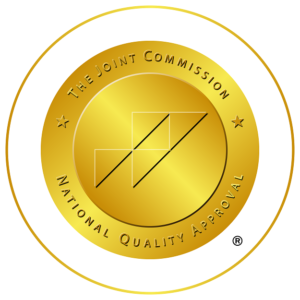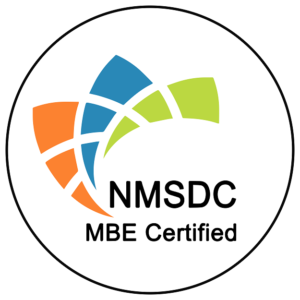Remote Hiring Tips Every Recruiter Needs To Know
It’s a difficult time for us all as the coronavirus pandemic grips economies across the globe, having huge implications not only on workforces but recruitment processes too. Some businesses have agreed to suspend recruiting until the economic effect of the virus is made clear, but many others continue to hire in a bid to avoid a market slowdown.
In times like these, we get a real chance to discuss the benefits of remote recruitment. So, when it comes to hiring great remote employees, building winning remote-first teams, and probably even hiring them remotely yourself, where should you start?
We know there is a lack of talent in many fields and abilities. Currently, 80 percent of HR managers said that over the next 10 years, most skills will become much more specialized. This statistic alone should lead many recruiters to look further afield for candidates. And for hiring teams to accept remote workers.
When you are recruiting for remote positions or you are yourself a remote recruiter, linking applicants will remain a priority, regardless of distance! Luckily, new technologies are coming out each day that can help us communicate with distant candidates. But in addition to these resources, those who work in a remote recruiting setting will have to keep a few guiding principles in mind.
- Video interviews are a key skill
Video interviewing is your number one opportunity to get to know your candidates, in the absence of face-to-face contact. But all are not comfortable in front of a camera. Let’s say a video calling program that is vulnerable to failure.
Practice daily video calling and follow a few quick tips to make yourself and your candidates feel at ease:
- Give your candidates all the details they need in the invitation to an interview.
- Make sure there is a plan B, just in the event that the link breaks unexpectedly.
- Make sure there is another plan, just up your interview in a private space where it does not bother you.
- Double-check all techs before the call start. It covers both applications and hardware!
- Be the first to show up! Interview with chit-chat.
- Build a simple way for you to follow up with candidates.
- Consider expanding the recruitment cycle
It takes time to get to know someone and candidates aren’t different-particularly when you’re factoring in getting your hires right the first time around! But if you’re factoring in remote hiring distance and virtual communication, you may want to consider devoting extra time to this process.
I guess I’m just spending this time getting to know the person really well for the recruiting process because we all work remotely, we don’t have the same amount of face-to-face time with each other. We meet each other twice a year so making sure that we have a good feeling for the person before they start with us is really important to us. And the difference between remote recruitment for us is just elongating the hiring cycle so that we can get to know them all better.
Whether adding an extra phase or booking a longer time-slot for interviews, a longer process will help you get to know your remote candidates better.
- Priority should be given to collaborative recruit
Collaborative recruiting, remote or not, is a perfect way to get the team involved in the hiring process. But with a strong emphasis on getting a real deep dive into the skills, temperament, and experience of an applicant, it might be worth having the team involved in the remote recruitment process sooner.
During the recruiting process, prospective teammates will have the ability to assess, assess and get to know potential remote hires. It will help ensure the remote recruit is a good skill match, as well as a cultural fit for your future team.
- Switch up your job promotion tactics
We all know that different strategies should be used to recruit senior tech professionals than the techniques used to pursue new talent. People with these profiles spend their time on various channels, engaging in different ways and responding to various kinds of outreach. The same holds true for distant talent.
In remote recruiting, I think work boards can be very useful, but not the very large ones like monster.com or Even. The standard of applicants coming from those is generally relatively poor. But Stack Overflow and GitHub job boards usually weren’t running too well. But I think that our insistence on recruiting people who are fantastic at working remotely has a lot to do with that. Base-camp has their own job board we work remotely.com and it’s great. The quality is pretty high there, and it’s from people who are familiar with remote working. It’s a skill set. You have to know how to work remotely.
- Add work trial or test process
Not everyone in their recruiting process uses work trial or trial day. But when it comes to remote recruiting, trial days can be of great help in finding the best match.
Conclusion
Remote recruiting is a phenomenon not to be overlooked by many recruiters. So you do no longer have to neglect it with a little bit of help.
When preparing to kickstart your hiring plan for remote employees, keep the following in mind:
- Establish your skills in video interviewing.
- Consider lengthening the hiring process.
- Make joint recruiting a priority.














